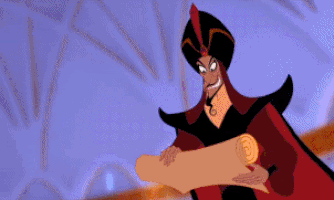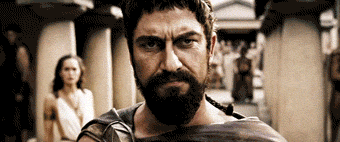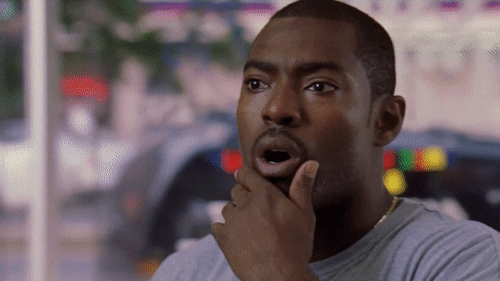Most big brands have branding and licensing departments that handle this kind of thing. One brand (e.g. Fortnite) reaches out to another (e.g. Disney) to ask about a potential collaboration. If the other licensing department is open to a collaboration, then negotiation begins - a lot of questions must be answered, like how much money changes hands, how long the collaboration will last, the extent of the collaboration (skin? event? voice lines? emotes?) what requirements there are on the use of the IP, and so on.

For properties that are licensed regularly, it is normal for their licensing office to have a set of standard requirements and costs to speed up the negotiation process. Disney can, for example, require that everybody who licenses Dr. Doom to use a specific color for his cape, specific phrasing when referring to him, require that Dr. Doom cannot be used in direct conjunction with other IPs, and so on and so forth. These things are, of course, subject to negotiation between the brand managers and their legal representation. If things work out, an agreement is eventually hammered out, contracts are signed, and permission is granted.

Once permission is obtained, the licensee (in this case Fortnite) can begin creating the in-game assets according to the terms set in the contract. They build the in-game content to the licensor’s (Disney’s) approval, their marketing team creates a campaign to the licensor’s approval, and the event goes live for the duration that the contract specifies. Once the duration expires, the licensed content must no longer be available to players. This is why licensed games are pulled from digital (and physical) storefronts when the license expires. Losing the license means losing the legal right to sell the product.

This general process applies and scales from in-game crossover event content all the way up to a licensed and branded game like Star Wars: Battlefront or Madden. The same process for tie-in merchandise/media like Pokemon plush toys or a Sonic the Hedgehog movie, except it is the game publisher that is the licensor and the toy company or movie studio that is the licensee. These are all large and small examples of obtaining legal permission to use someone’s intellectual property.
[Join us on Discord] and/or [Support us on Patreon]
The FANTa Project is being rebooted. [What is the FANTa project?]
Got a burning question you want answered?
- Short questions: Ask a Game Dev on Twitter
- Long questions: Ask a Game Dev on Tumblr
- Frequent Questions: The FAQ